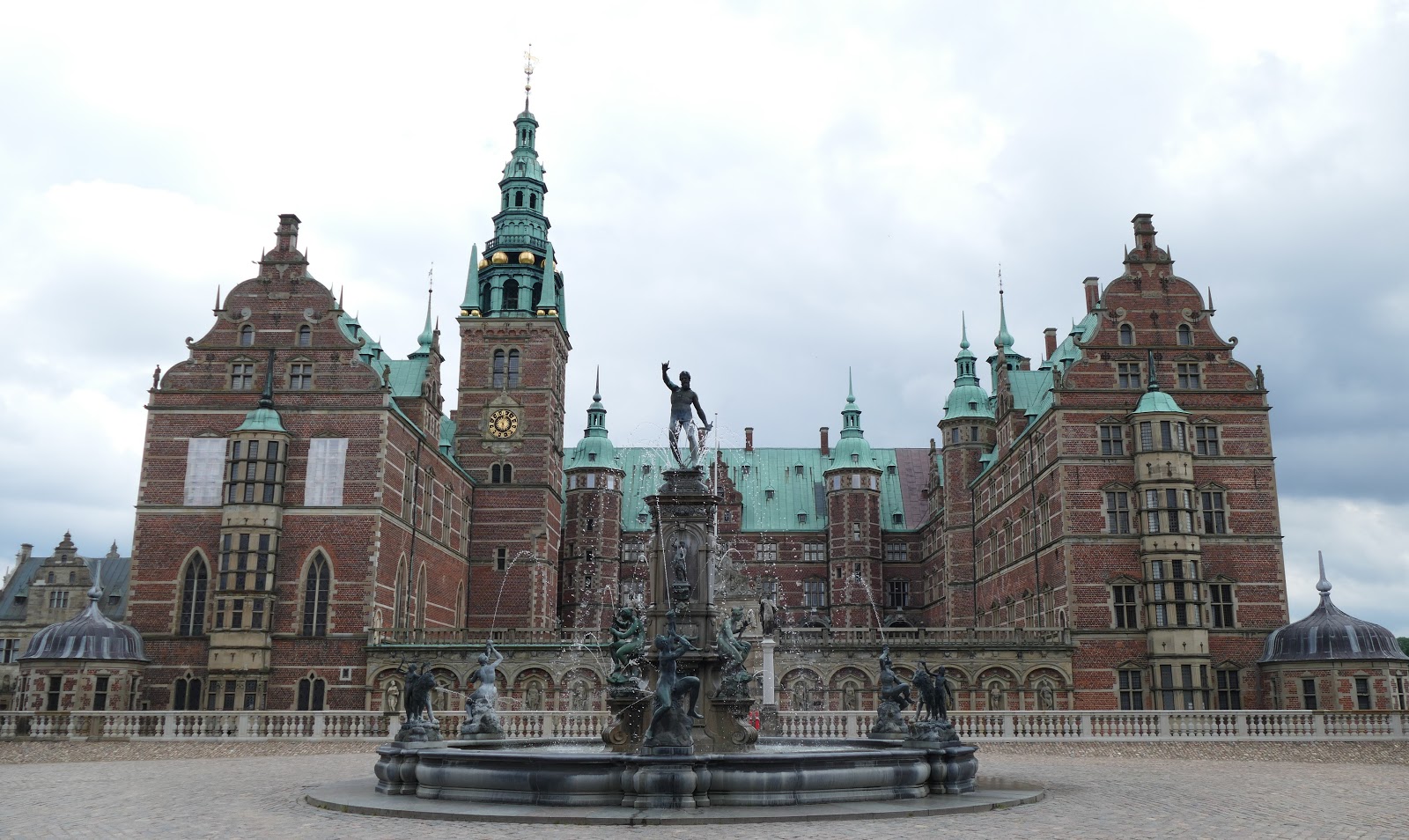Denmark is a little country, approximately 2/3 the size of Tasmania or 4/3 the size
of the Hunter Valley but with a population of 5.5 million highly educated,
socially conscious, culturally engaged people, Denmark is not like anywhere
else.
It is a country of soft light, big skies and vibrant green pastures of
rye, barley, potatoes, fresh peas and strawberries. This time of year it is also poppy season as it is in much of Europe.
It is a nation that makes things both functional and beautiful. It is a
nation that does not compromise on crap; rather its people would rather save
for a few very special, beautiful and generally Danish designed and made pieces
that they will have for many years to come. It is a nation of
non-clutterers.
It is a nation of people who punch way above their weight when it comes
to influencing the rest of the world, but they do it through non-aggressive
means, diplomacy and good design.
Climate shaming has become a “thing” in Denmark, and with summer break
starting people are discussing where and how they are going on holidays and the
related climate cost. This has become so mainstream it regularly makes the
evening news with interviews of travellers at airports and stations. Danes are now taking their responsibility
personally. For example, if a Dane is going to France they take into account the
cost to the environment before booking a ticket. Most are paying private
companies for carbon offsets. Many are choosing to stay locally or are choosing
the methods of transport that minimise the climate cost. Do they really have to fly or is it better to
drive or take a train?
This is a nation of cyclists, partly because its geography is very flat
(the tallest peak in Denmark is Yding Skovhoj at 170.7 metres above sea level);
but also because there is an extensive network of dedicated cycle ways that are
all well-lit and perfectly maintained. Cycling in Demark is not just for the
fitness fanatic or those who do not have a licence, cycling is the
preferred method of going to the beach, shops, school, work or a mates place.
Cycling here is a lifestyle, though parking your bike at Copenhagen subway stations can be problematic .
 |
Denmark is a nation of islands and that means plenty of coast line and
plenty of beaches. Not the bleached sandy kind an Australian is used to. Danish
beaches are usually a thin strip of stony foreshore with a slight bank into
farm land. The water is almost flat and cold, though Danes say it is warm at 18
degrees at this time of year.
Following are some more random photos from our time in Denmark.









Comments
Post a Comment